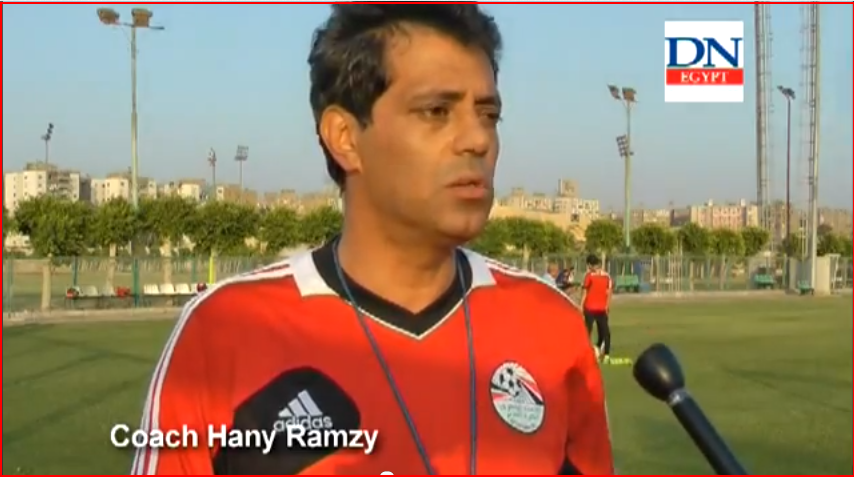While 2008 was dominated by quirky, often shocking fatwas – non-binding religious edicts – by Arab sheikhs, mainly from Saudi Arabia, in 2009 the fatwa-churning machinery reestablished its base in Cairo, as usual triggering heated debate.
Abortion
May witnessed one of the most controversial statements by Grand Sheikh of Al-Azhar Mohamed Sayed Tantawy who said that for a female rape victim to undergo abortion, she must be “pure and innocent and have a good reputation.
Tantawy made the statement during a press conference held at the Supreme Council for Islamic Affairs at a time when the People’s Assembly was discussing a new law permitting abortion for rape victims. He added that the victim must give her consent and must not be forced to undergo the procedure against her will.
On Copts
In August, Tantawy captured the public eye when he announced that in Islam it is acceptable for Muslims to donate money to build churches.
Tantawy’s fatwa came during a meeting with the Egyptian Union for Human Rights Organization headed by Coptic lawyer and activist Naguib Gobrael.
“Islamic sharia does not prohibit Muslims from sponsoring or funding a church, Tantawy said, naturally raising a few eyebrows.
The Islamic Research Center in June made headlines for refusing to issue any fatwas related to the personal status laws of Egypt’s Coptic Christians, despite a and official request from Coptic Shoura Council MP Nabil Louka Bibawy.
H1N1 & pilgrimage
Egypt’s Grand Mufti Ali Gomaa elicited similar reactions in July after the eruption of the H1N1 virus in Egypt, when he opined that Umrah pilgrimages to Mecca could be postponed because they pose a health threat to pilgrims, while stopping short of declaring a similar opinion regarding the Hajj season.
On a related note, some Muslim countries like Iran and Tunisia banned Hajj pilgrimage altogether this year, while Saudi Arabia stipulated that all pilgrims arriving in its holy land must be vaccinated before leaving their countries.
Fishy Fatwa
In April, a “fishy fatwa by the chairman of the fatwa committee in Al-Azhar Sheikh Abdel Hamid Al-Atrash declared that it is Islamically prohibited for Muslims to eat fesikh, salted fish Egyptians traditionally eat during the spring holiday of Sham El-Nessim.
The fatwa appeared a few days after Egypt’s Ministry of Health announced in a press conference that fesikh is a health hazard, describing it as “rotten and can cause death.
Al-Atrash defended his fatwa by saying eating rotten fish can damage people’s health.
Artificial insemination
In the same month, in response to a suggestion by MP Ibtisam Habib, the Islamic Research Center outlined regulations necessary for the center to approve artificial insemination, saying that the following condition must be met: a medical report issued by three specialized doctors stating that the wife cannot conceive otherwise; the frozen sperm must be obtained only from the husband right after intercourse; and thirdly, the married couple must provide written approval to undergo the procedure and to accept all the risks associated with it.
The fatwa stipulates that any external manipulation to try to control or change the child’s gender is forbidden.
On a related note, Tantawy said that it would be against sharia to implement any policy that stipulates a maximum number of children per married couple, who, he said are the only ones entitled to make such decisions, advising couples to exercise reason in the number of children they decide to have.
Organ transplant
Regarding controversial organ transplants from dead donors, Tantawy reiterated in March an earlier fatwa permitting the procedure, and added that it is even encouraged in Islam. His opinion was restated within the context of PA discussions of a draft organ transplant law which was recently approved.
However, Tantawy was met by a hailstorm of criticism around the same time when he publicly stated that it is acceptable for authorities to use the organs of convicts sentenced to death without their prior consent.
The chairman of the Doctors’ Syndicate Hamdy Al-Sayed disagreed, vehemently stating that donations can only be made with the dead person’s consent. -Daily News Egypt

